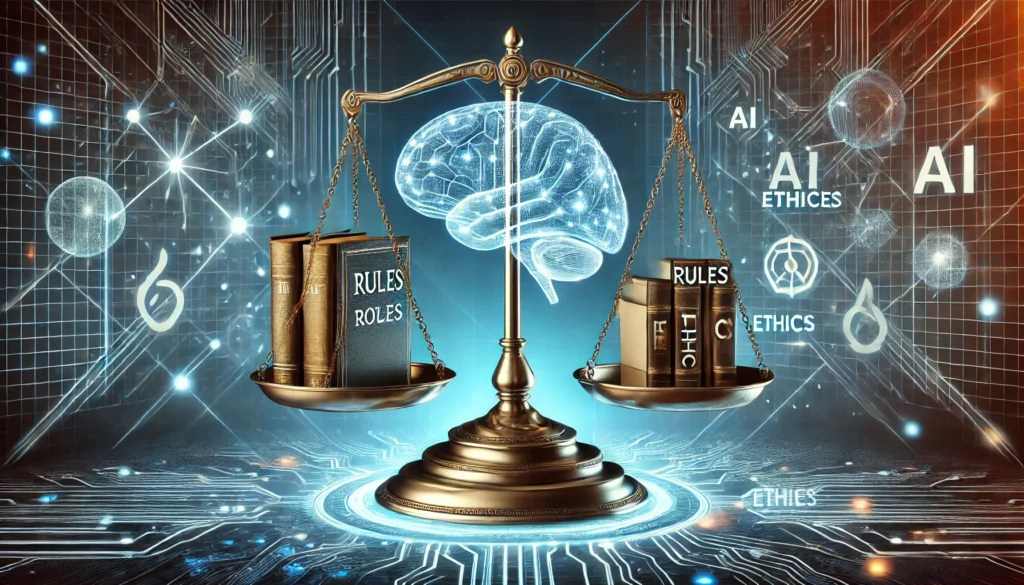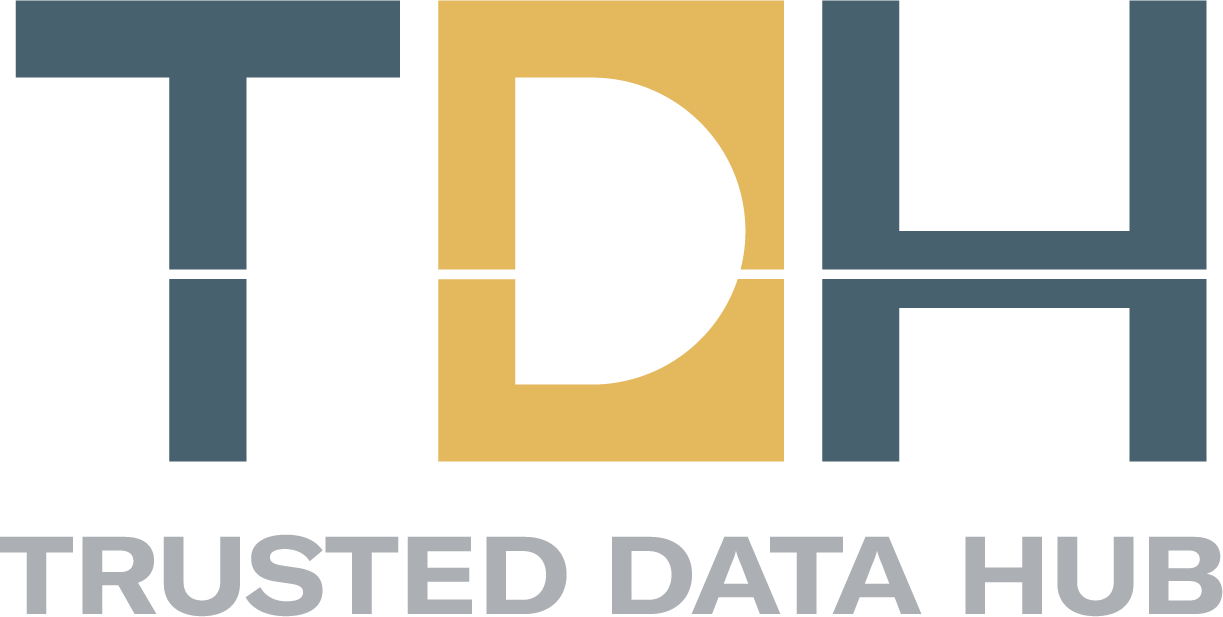Join the Data Governance Conversation

What is AI Governance
We could define it “AI governance refers to the frameworks, policies, and processes that ensure artificial intelligence systems are used responsibly, transparently, and in alignment with organizational values and societal norms.”
When we think about AI governance, and try to apply known concepts
Accountability

Who is responsible for AI outcomes?
Transparency

How are decisions made by AI explained?
Fairness & Ethics

How is bias identified and mitigated?
Data Governance

What data powers AI, and how is it governed?
Regulatory Compliance

How do laws like the EU AI Act or GDPR apply?
Will Key Regulatory Documents and Frameworks for AI Governance answer those questions?
EEU Artificial Intelligence Act (AI Act)
The EU AI Act is the first comprehensive legal framework aimed at regulating AI systems across member states. It establishes risk-based requirements to ensure AI is safe, transparent, and respects fundamental rights, with stricter rules for high-risk applications.
Read the official proposal
NIST AI Risk Management Framework (AI RMF)
Developed by the U.S. National Institute of Standards and Technology, this voluntary framework provides guidance for identifying, assessing, and managing risks associated with AI technologies. It emphasizes trustworthiness and responsible innovation.
Explore the framework and resources
OECD AI Principles
These internationally recognized principles promote the responsible stewardship of trustworthy AI, focusing on inclusive growth, human rights, transparency, robustness, and accountability. They serve as a global benchmark for AI governance.
Learn about the OECD AI Principles
UK National AI Strategy & Governance
The UK government’s strategy outlines a framework for responsible AI development, emphasizing innovation, regulation, and skills development to ensure AI benefits society while managing risks.
View the UK National AI Strategy
Singapore Model AI Governance Framework
Singapore’s voluntary framework offers practical guidance for organizations on ethical AI deployment, focusing on transparency, fairness, and accountability tailored to the local regulatory context.
Access the Singapore AI Governance Framework
Model AI Governance Ethics Guidelines for Trustworthy AI (European Commission High-Level Expert Group on AI)
These guidelines articulate key ethical principles for AI systems, including respect for human autonomy, prevention of harm, fairness, and explicability, laying the foundation for trustworthy AI development in Europe.
Read the Ethics Guidelines
They will definitely help, but we will still face:

- Managing bias in AI models.
- AI in high-risk decision-making (HR, healthcare, finance).
- Generative AI and copyright/IP concerns.
- Black-box AI and explainability gaps.
- Role of AI in data governance automation.
- And more
AI governance is a rapidly evolving field, with new regulations, frameworks, and best practices emerging continuously. I invite you to bookmark this page and visit regularly for updates, including upcoming additions like new regulatory frameworks, interactive timelines tracing the evolution of AI governance, and practical tools to help your organization stay ahead.
Your insights and experiences are invaluable please feel free to share your thoughts, questions, or case studies in the comments of blog section or reach out directly through our contact form. Together, we can build a community committed to responsible, innovative, and ethical AI.
Stay tuned for fresh content, expert inputs, and actionable resources designed to empower executives, data leaders, and practitioners navigating the complexities of AI governance.
